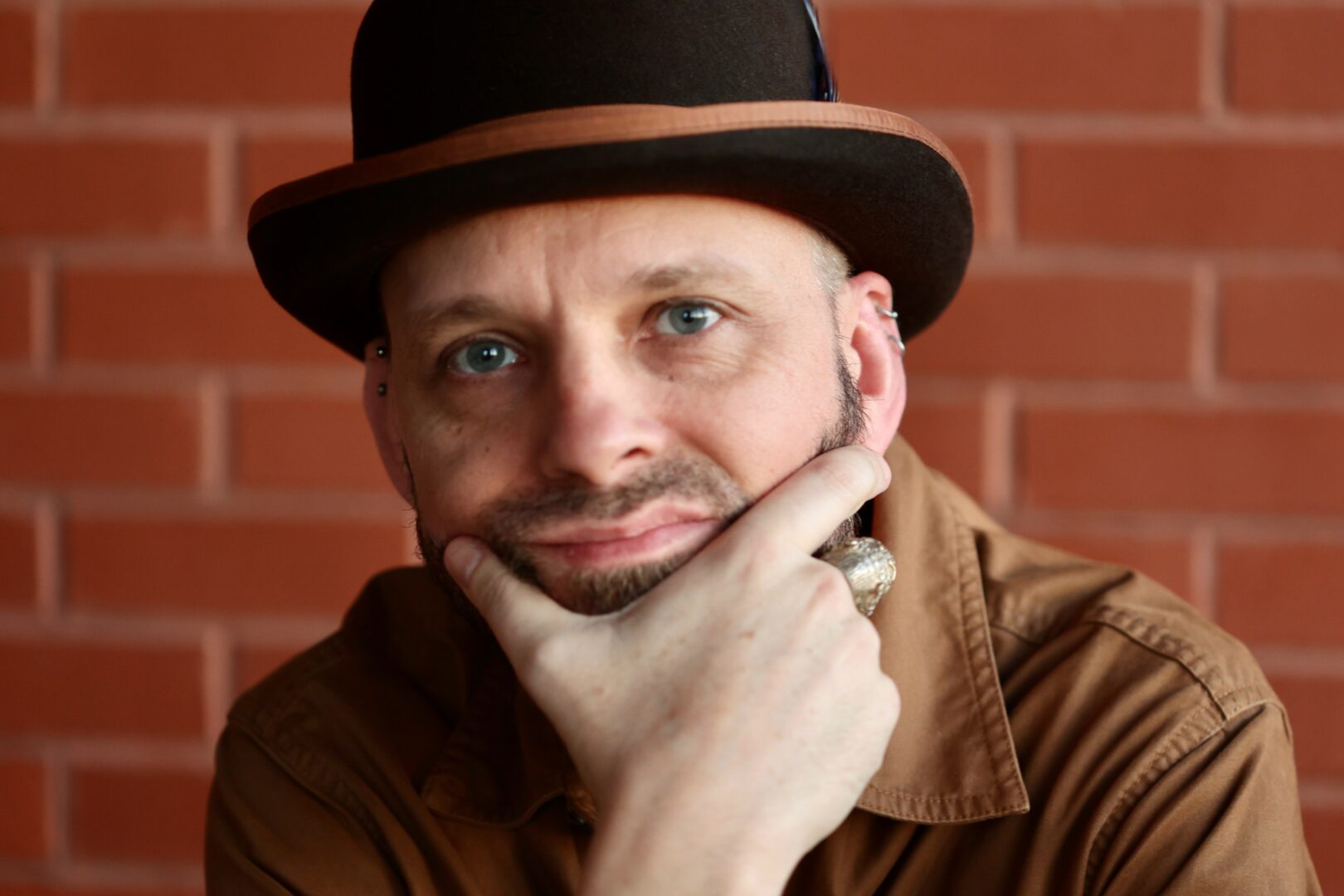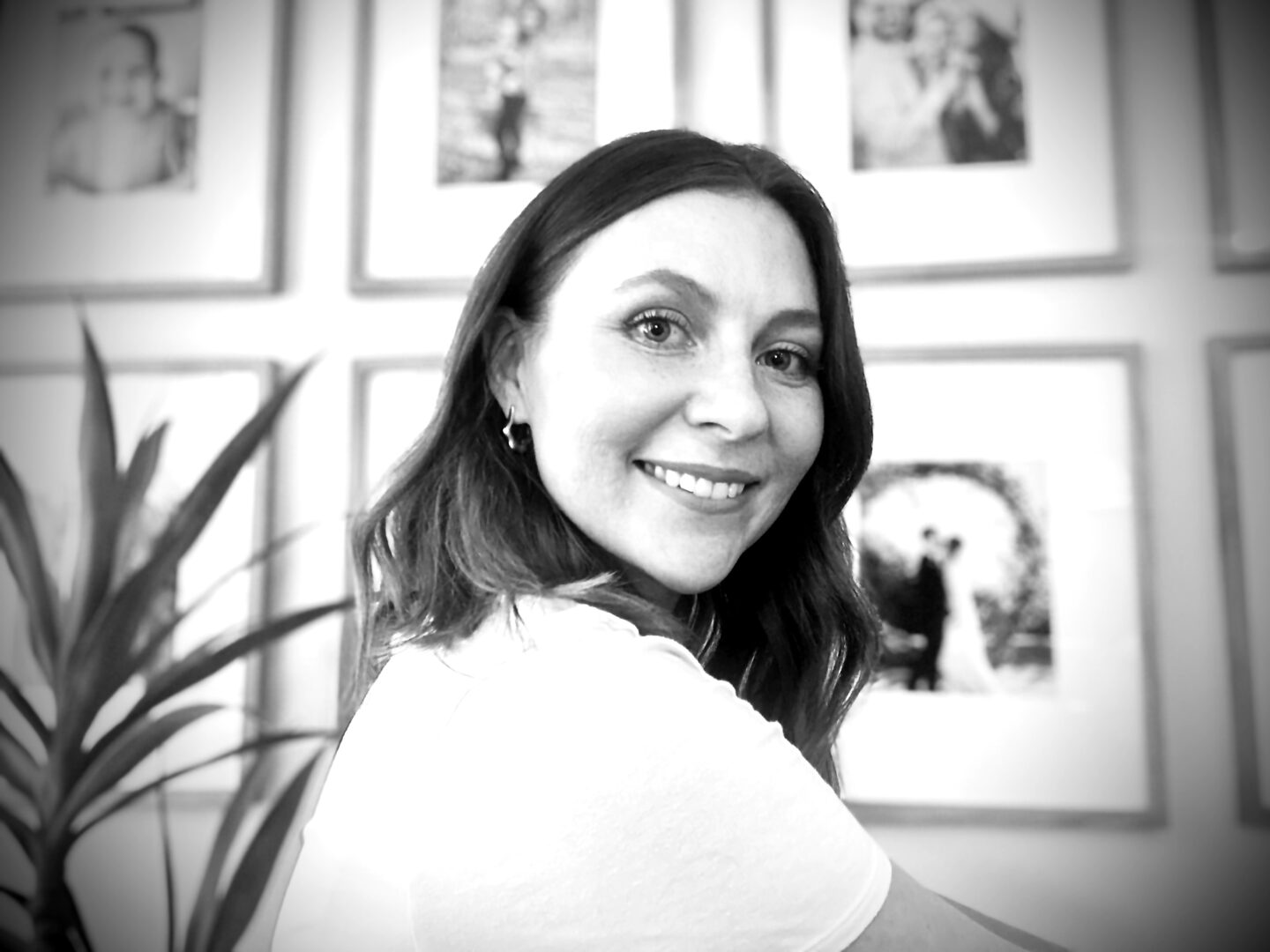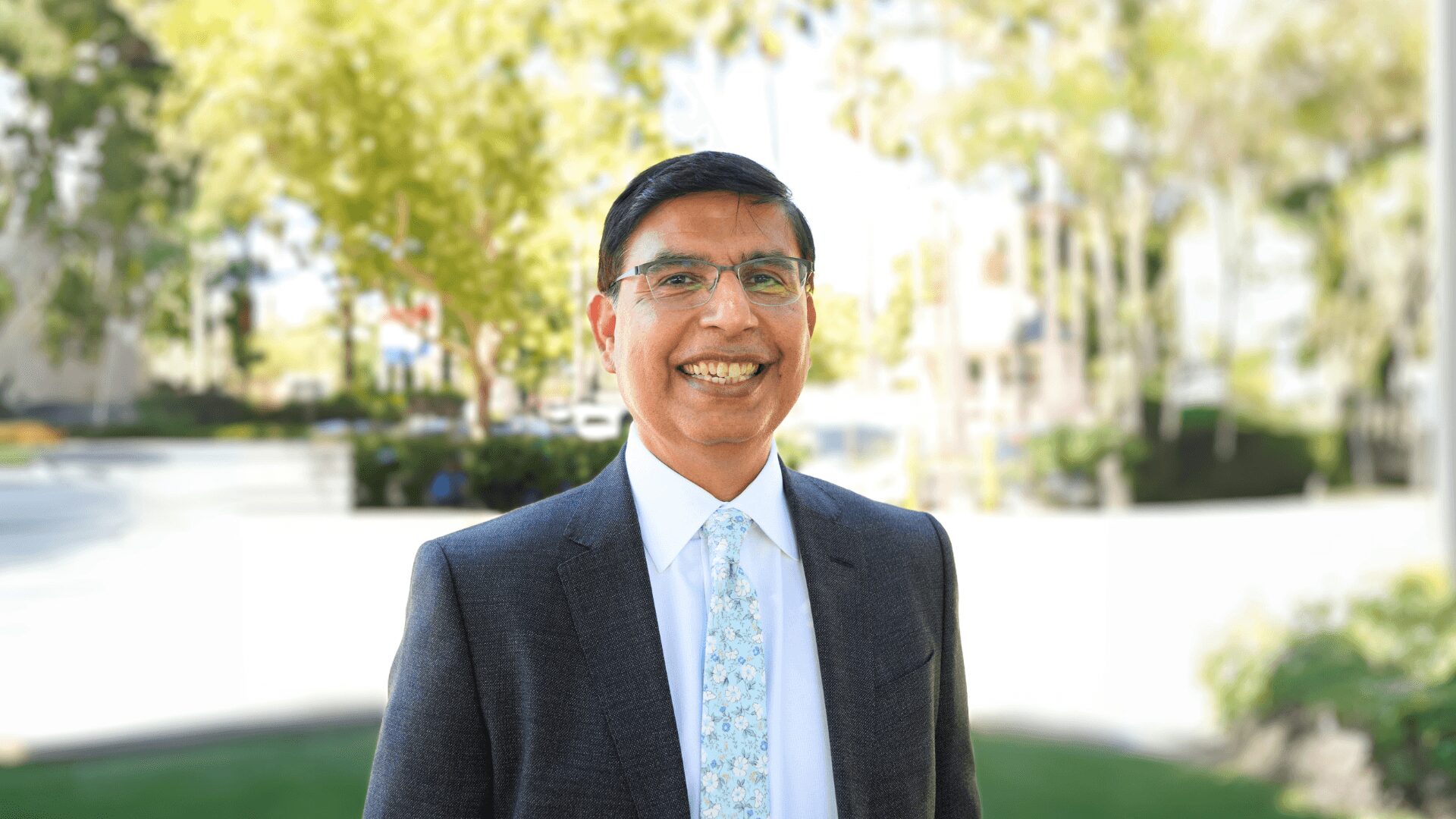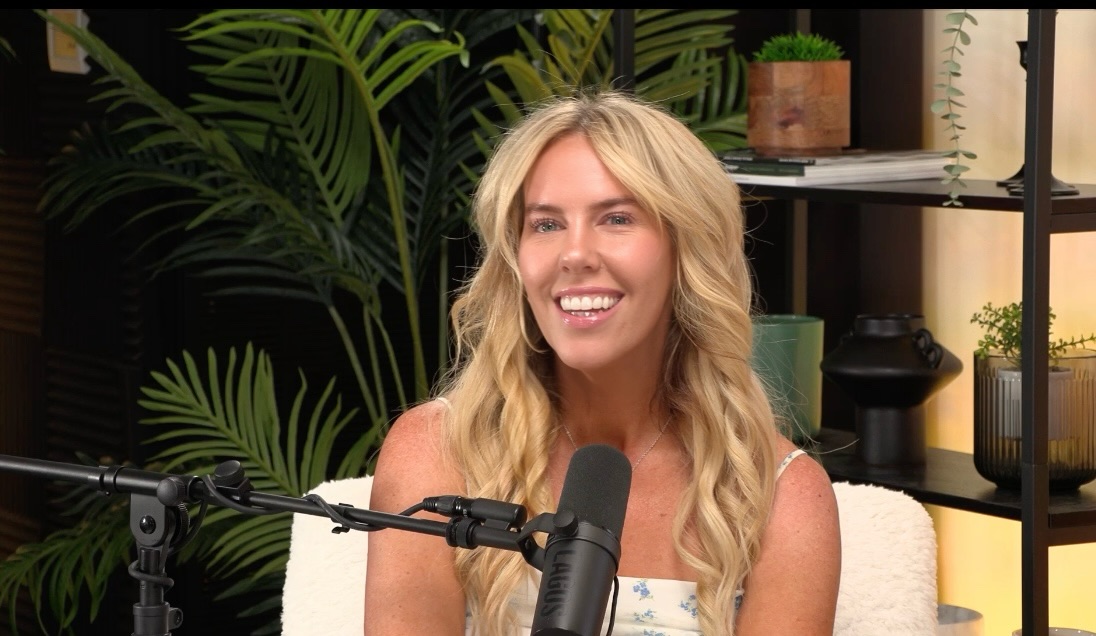Alright – so today we’ve got the honor of introducing you to Michael Spicher. We think you’ll enjoy our conversation, we’ve shared it below.
Michael, so good to have you with us today. We’ve always been impressed with folks who have a very clear sense of purpose and so maybe we can jump right in and talk about how you found your purpose?
Both Plato and Aristotle said philosophy begins with wonder, and that’s been the thread running through my life. I’ve always been fascinated by how things work, why people create, and what lies beneath the surface. Over time, I realized that my purpose isn’t tied to one single thing—it’s about staying curious, exploring deeply, and using creativity to make sense of the world around me.
This curiosity led me to pursue philosophy, and specifically aesthetics, which is about our sense experience of the world. I began to meet people from a variety of backgrounds, professions, and disciplines, who got excited about aesthetics. However, many felt isolated because they sensed no one in their immediate context shared that excitement. This led me to found Aesthetics Research Lab, a place that brings together people and ideas around the multiple aspects of aesthetics.
Since founding the Aesthetics Research Lab, I’ve devoted myself to sharing these ideas in ways that bring philosophy to life for others. That’s taken many forms—consulting projects, workshops, speaking, and writing—but the through-line has always been helping people see how aesthetics can shape how we work and live.
I developed a workshop called “Aesthetics at Work,” and later co-created “Aesthetic Paths to Flourishing” with my colleague, Bella Zhang, to explore how beauty and meaning can transform both organizations and individuals. Alongside that, I write regularly for BeautyMatter, a publication that bridges philosophy and the beauty industry, and I share weekly reflections through the Aesthetics Research Lab newsletter.
More recently, I co-edited the first book on digital fashion published by Bloomsbury, and I’m now writing my second book, Is Your Business Beautiful?—a guide for leaders who want to build more human-centered, aesthetically intelligent organizations.
At the heart of all this, my purpose remains simple but ambitious: to help individuals and organizations reconnect with their humanity through philosophy—and, above all, through aesthetics.
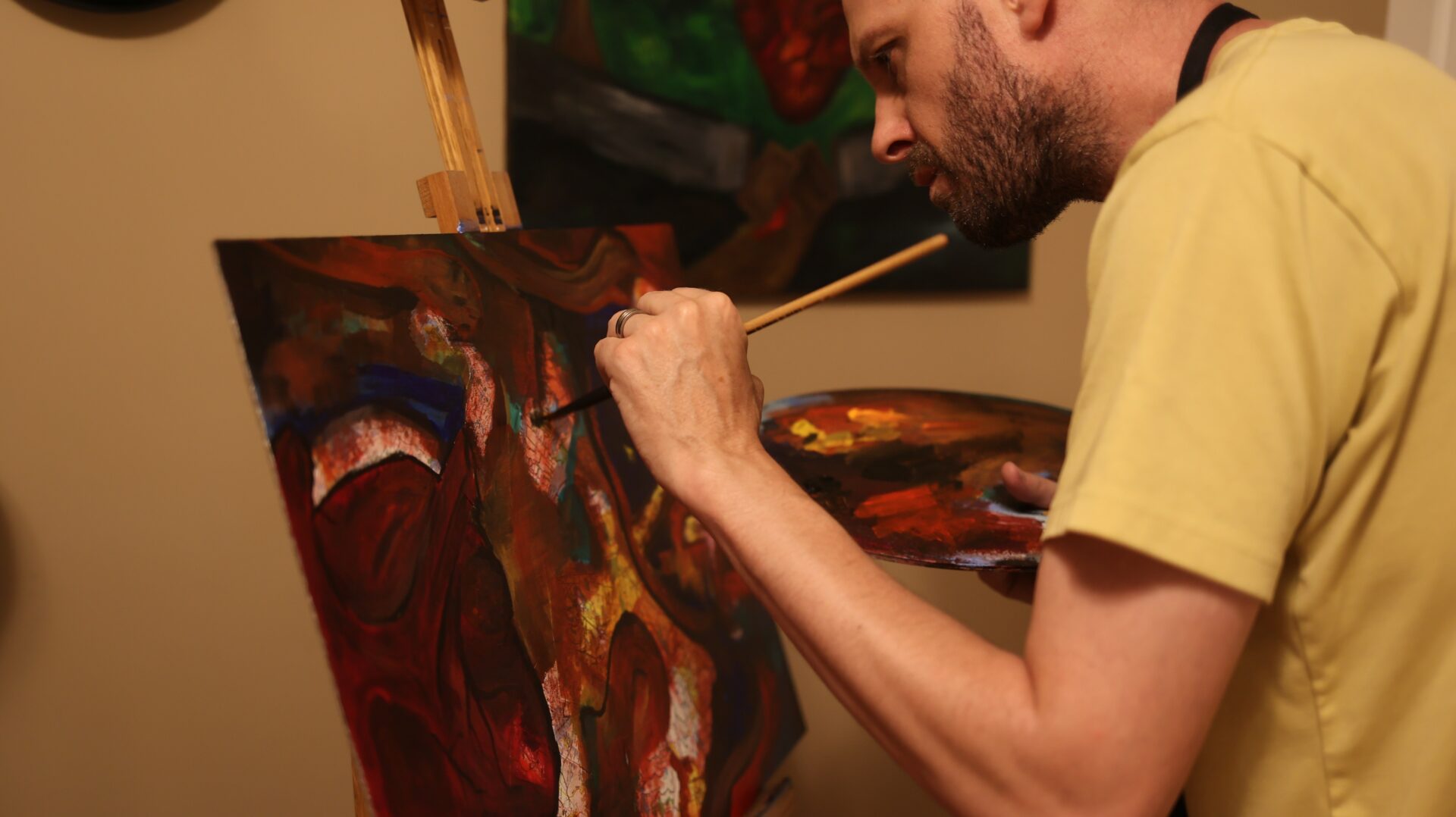
Thanks for sharing that. So, before we get any further into our conversation, can you tell our readers a bit about yourself and what you’re working on?
I began painting as a teenager, so I have a long relationship with the practice of art. But when, through philosophy, I first stumbled upon ideas in aesthetics, it felt as if a hidden world had suddenly revealed itself to me—a place where beauty, meaning, and thought all intertwined. At first, I felt alone in that discovery even though I could see that people care deeply about things like experiences of beauty. They just don’t have a language for it. But I kept studying, exploring, and trusting my instincts. Today, it’s incredibly rewarding to see how conversations about aesthetics have entered the mainstream. I’m grateful I stayed with it—because now, I get to help others use the principles of aesthetics to guide their lives and work.
My work helps people slow down, pay attention, and reconnect with their own sense of purpose and beauty. In a time of constant distraction, many people feel disconnected from themselves and from what’s meaningful. Philosophy and aesthetics are my tools and remedy for this. Contrary to its stereotype, philosophy isn’t just abstract thinking; it’s a method for living well. It’s a kind of positive disruption, one that can shake loose new ways of seeing and being.
In addition to working with organizations, I’m also excited to work with individuals through a more recent addition to my practice: philosophical counseling. It’s a space for reflection and dialogue—where people can use philosophy to navigate crises, choices, and times of uncertainty. This work often overlaps with therapy or coaching, since we explore problems, goals, and questions about how to live well. But it’s open to anyone who wants to think more deeply about their life, whether they’re facing a specific challenge, reassessing their path, or simply curious about what matters—even for those whose only “diagnosis” is being human. Philosophy offers a way to make sense of experience, to turn confusion into clarity and pain into insight.
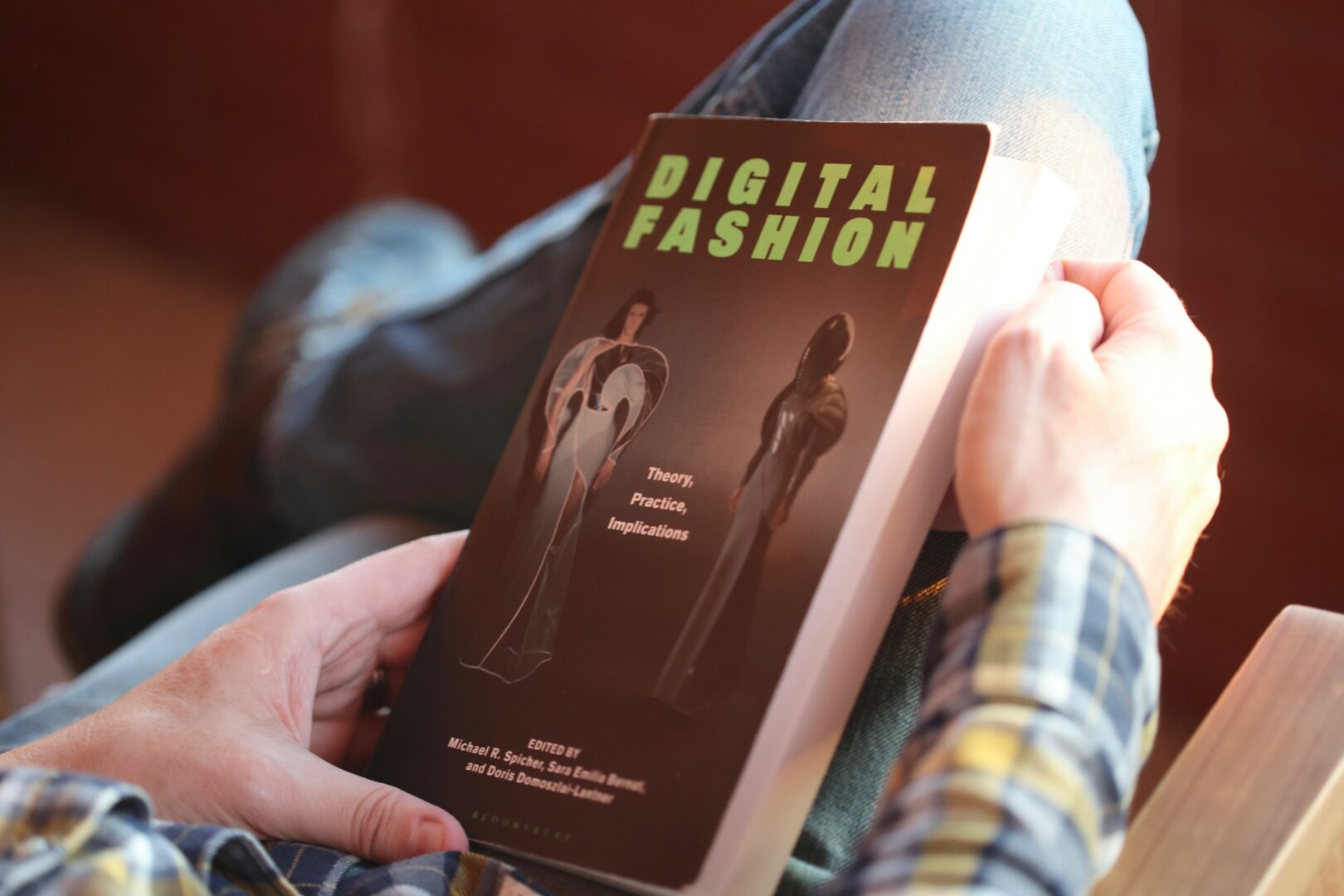
Looking back, what do you think were the three qualities, skills, or areas of knowledge that were most impactful in your journey? What advice do you have for folks who are early in their journey in terms of how they can best develop or improve on these?
1. Philosophy: Life is full of uncertainties. Many people expect philosophy to give you the answer or the truth or some other thing, but it’s actually more of a method. It’s like systems thinking for the big stuff rather than just one subject area. Philosophy challenges our assumptions and opens space for new perspectives. Far from being out of touch with reality, it offers a systematic way to examine our actions, thoughts, and lives in a fruitful way that helps us move forward. It’s about cultivating the kind of clarity that allows us to live with intention, integrity, and curiosity, even amid ambiguity.
2. Empathy: Empathy helps me translate big, abstract concepts (like human flourishing) into wisdom that feels personal and relevant. This shows up in my teaching, counseling, and interpersonal relationships. If philosophy helps me think clearly and risk-taking helps me act boldly, empathy helps me connect meaningfully. It allows me to really listen and understand what someone is going through—not just what they’re saying, but what they’re feeling. In my work, that’s essential. The goal isn’t just to talk about ideas; it’s to make them useful in real life. One example is how paying attention to the senses contributes to employee productivity, brand loyalty, and the bottom line. Whether I’m working with an individual or a team, empathy keeps the work grounded in real human experience.
3. Tenacity: Tenacity is what carries ideas from spark to substance. It’s easy to get excited at the beginning of something new, but the real test is staying with it when it becomes difficult, uncertain, or misunderstood. For me, that persistence isn’t about stubbornness—it’s about faith in the process. Once I commit to an idea or project, I give it time to mature, even if the path forward isn’t yet clear. In creative and philosophical work, breakthroughs often come slowly, and sometimes only after a long stretch of confusion or doubt. Tenacity allows me to stay present through that discomfort, to keep showing up for the work until it reveals its form.
My main advice here comes from two philosophers.
Aristotle is a great starting point. He taught that the good life isn’t something you think your way into; it’s something you practice and develop. Virtue is built through habits. You can’t simply call yourself courageous, kind, or hard-working; you have to become those things by repeatedly choosing actions that reflect them. That means putting yourself in situations that stretch you, and designing your life so that doing good work becomes the natural choice.
Simone de Beauvoir, writing centuries later, adds a complementary truth: we are each responsible for our own becoming. Even though countless factors influence us, we still must choose our direction. As she writes, “Each man decides on the place he occupies in the world, but he must occupy one.” And elsewhere: “The only reality that belongs entirely to me is, therefore, my act.”
For anyone early in their journey, I’d say: combine Aristotle’s patience with Beauvoir’s courage. Build small, consistent habits that align with who you want to be, and take full responsibility for choosing and acting on them. That’s where growth begins.
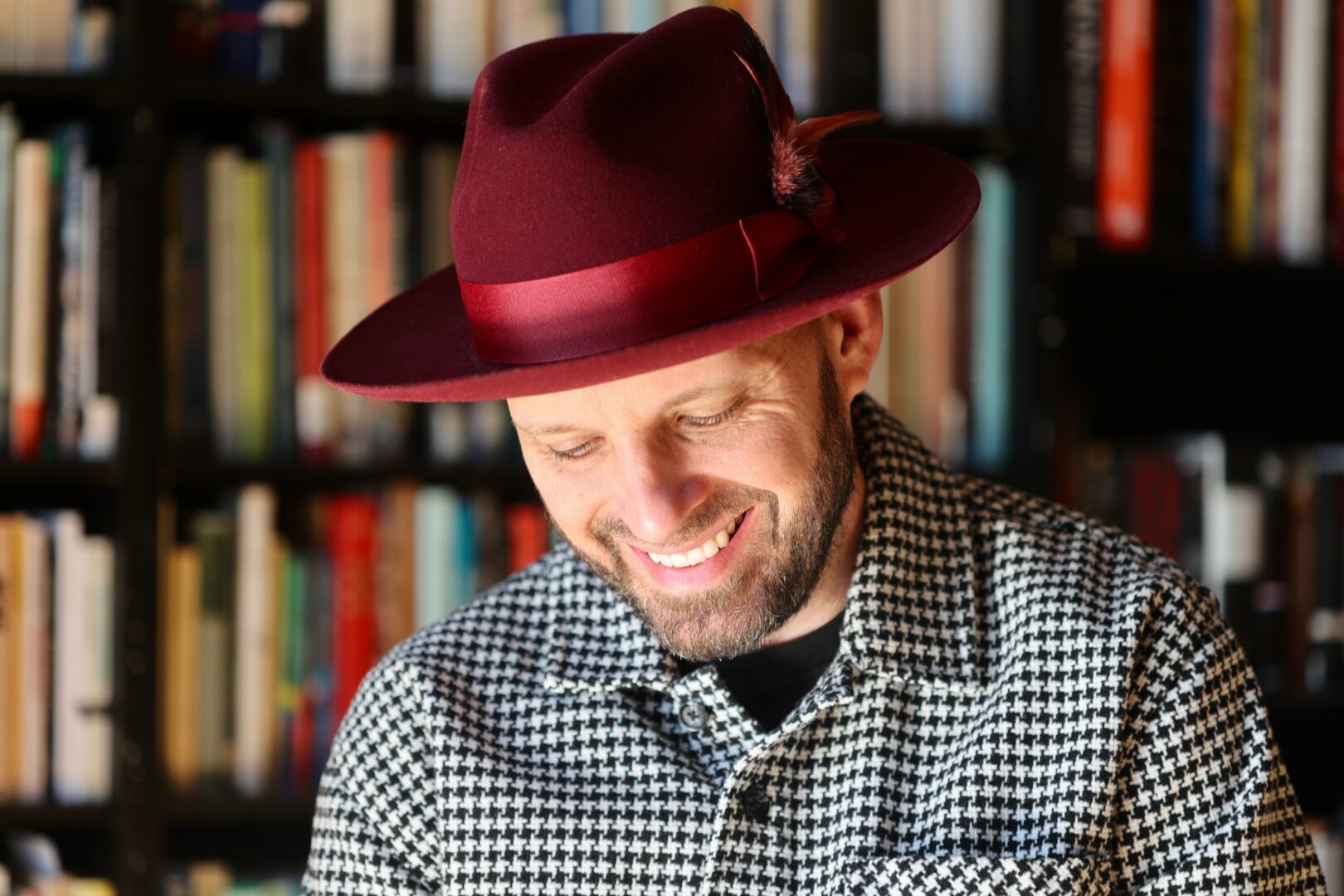
How would you describe your ideal client?
Thinking shapes our actions—individually and collectively.
My ideal client in philosophical counseling is someone ready to think deeply about their life, whether things are going well or they’re facing a challenge. It might be someone feeling stuck in their career or relationships, uncertain if the path they’re on still fits. Or it could be a person wrestling with an ethical decision—how to balance ambition with integrity, for example—or questioning what success really means. They’re curious, reflective, and willing to slow down long enough to explore questions without easy answers.
We each decide the rules we follow in the game of life, though those rules can be inconsistent. This creates tension and, at times, indecision. Through philosophical dialogue, I help people uncover assumptions, clarify values, and see their choices through a wider lens. This process helps them unlock potential, shape their environment, and define their guiding principles. We all have limits to our thinking, but philosophy invites us to step beyond them—to see new possibilities and shape our lives with confidence.
In consulting, my ideal client is an organization that values this same spirit of reflection. It might be a company rethinking its culture after growth or a leadership team facing an ethical dilemma. Some companies are doing well by external standards, for instance, but their employees are losing morale. Or it could be a company in a growth phase that wants to not just expand but do it thoughtfully. These are organizations that want an expansive view of success—one rooted in meaning, coherence, and long-term trust.
In essence, I work with people and organizations who want to move from reaction to reflection, from functioning to flourishing. If that sounds like you, reach out.
Contact Info:
- Website: https://michaelrspicher.com/
- Instagram: https://www.instagram.com/aesthetics_research_lab/
- Linkedin: https://www.linkedin.com/in/michaelrspicher/
- Other: Newsletter: https://aestheticsresearch.substack.com/
Aesthetics Research Lab: https://aestheticsresearch.com/
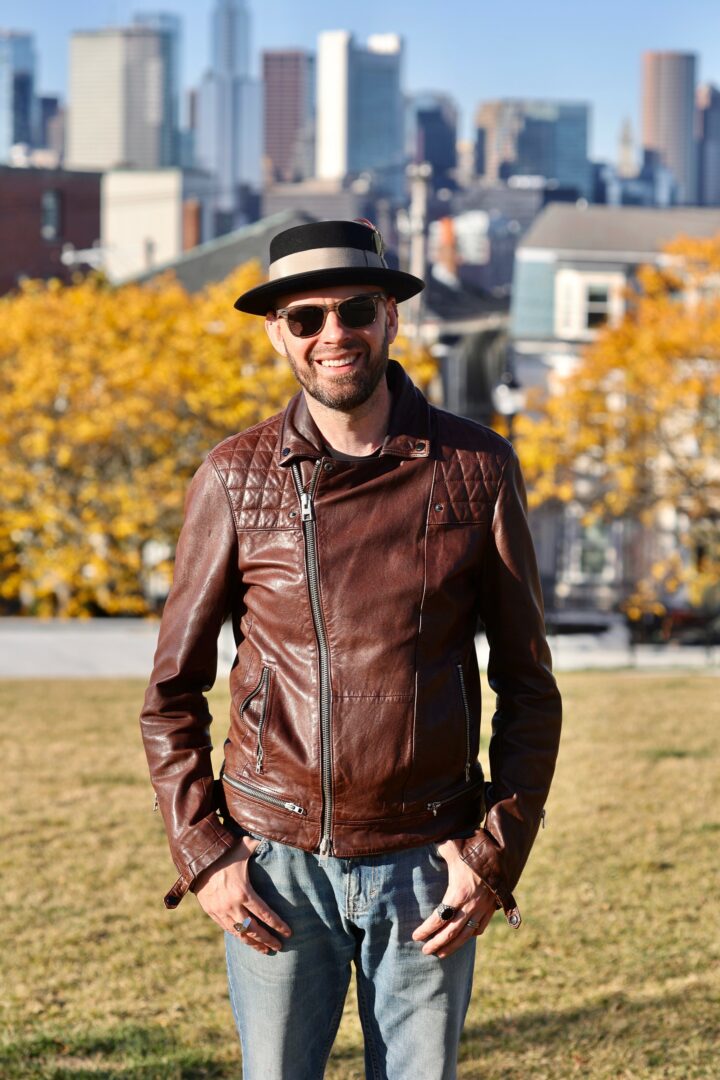
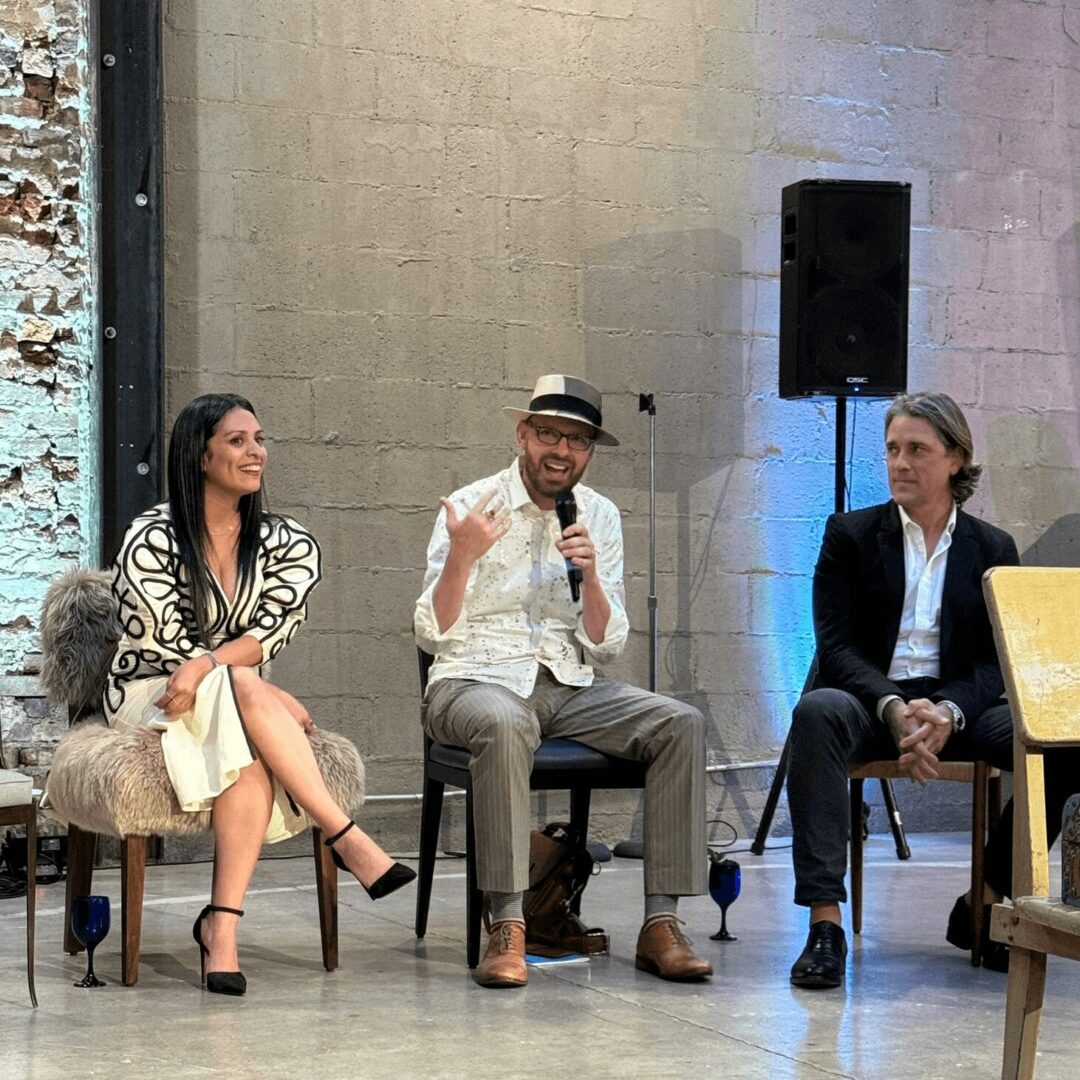
Image Credits
Images by Hannah Spicher. Group photo by Kaile Smith.
so if you or someone you know deserves recognition please let us know here.

